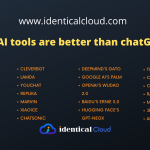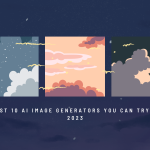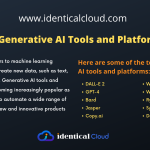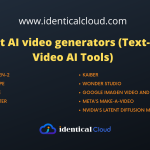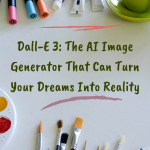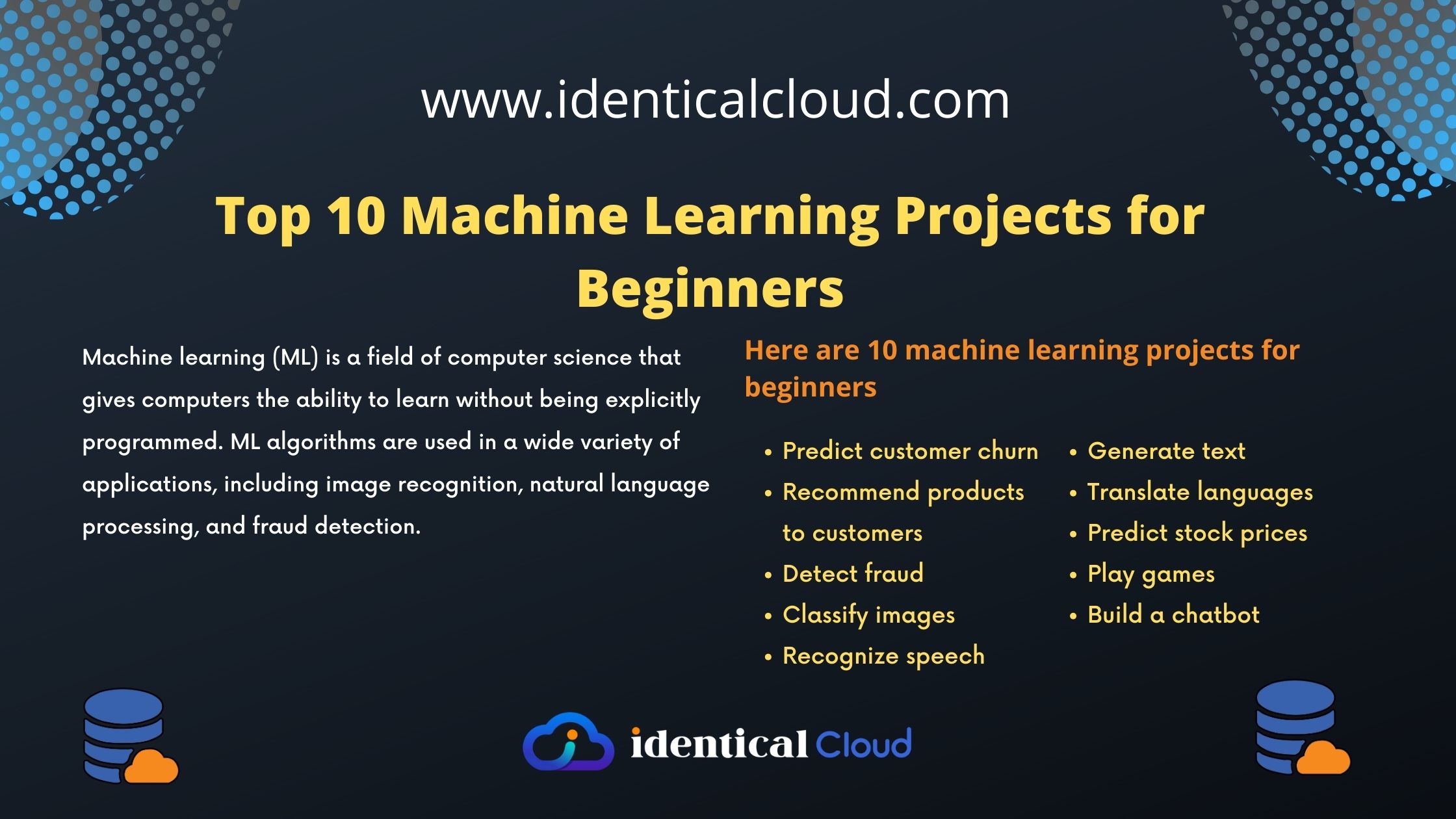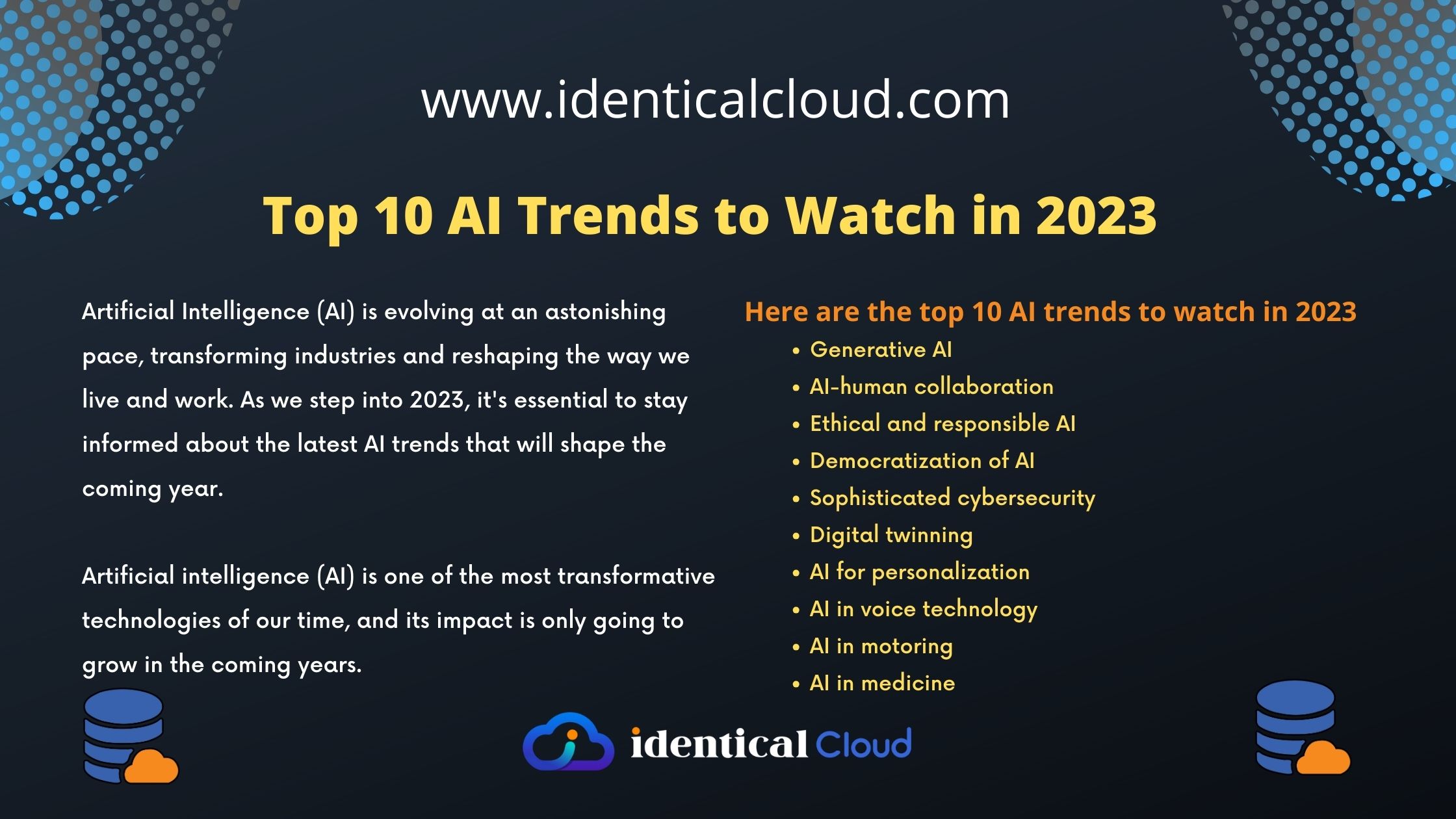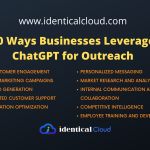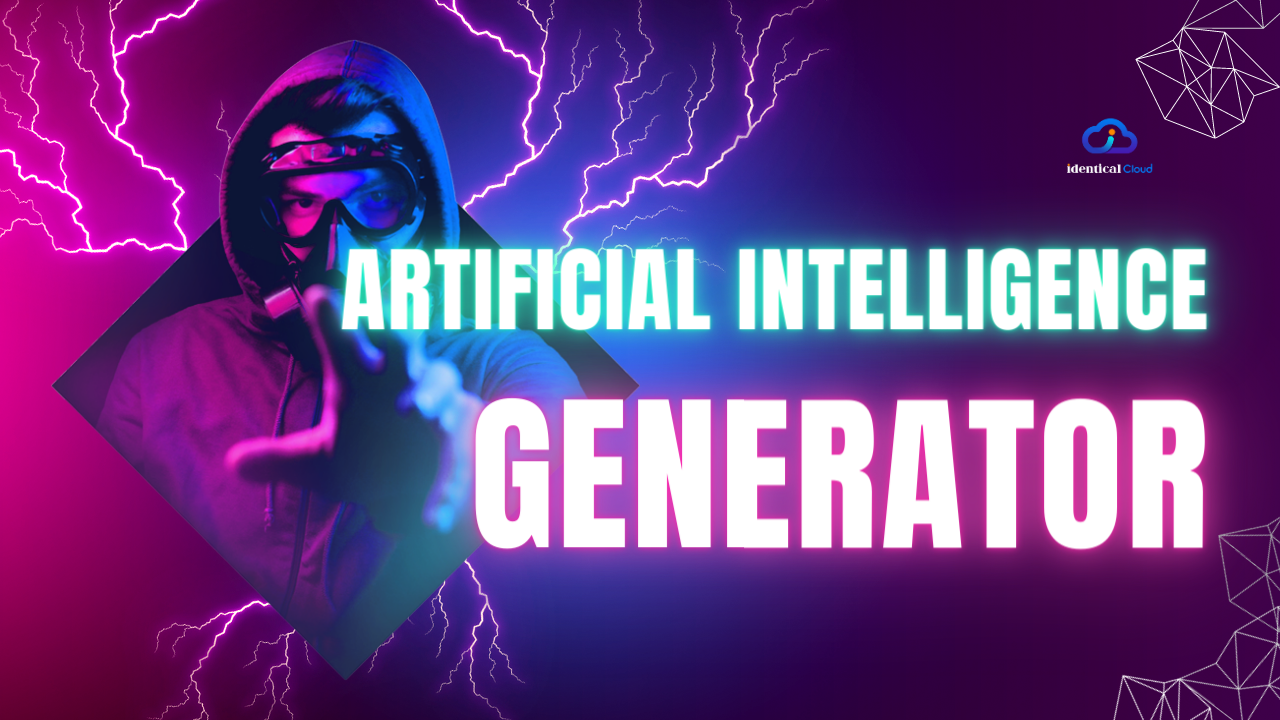
What is Artificial Intelligence Generator?
Artificial Intelligence Generator
Artificial intelligence (AI) generators are a type of AI that can create new content, such as text, images, or audio. They do this by learning from a large dataset of existing content and then using that knowledge to generate new content that is similar in style and structure.
AI generators are still under development, but they have the potential to revolutionize the way we create and consume content. For example, they could be used to create personalized news feeds, generate realistic-looking images, or even write creative content such as poems or stories.
How do AI generators work?
AI generators typically use a technique called deep learning to learn from existing content. Deep learning is a type of machine learning that uses artificial neural networks to learn patterns in data. In the case of AI generators, the neural networks are trained on a dataset of existing content, such as text, images, or audio.
Once the neural networks are trained, they can be used to generate new content that is similar in style and structure to the content they were trained on. For example, an AI generator that was trained on a dataset of news articles could be used to generate new news articles.
What are the benefits of AI generators?
There are a number of benefits to using AI generators.
- Increased productivity: AI generators can help to increase productivity by automating the creation of content. This can free up time for humans to focus on other tasks, such as brainstorming new ideas or editing content.
- Improved quality: AI generators can help to improve the quality of content by ensuring that it is consistent in style and structure. This can be especially beneficial for large organizations that need to produce a lot of content on a regular basis.
- Personalization: AI generators can be used to personalize content for individual users. This can be done by tailoring the content to the user’s interests or demographics.
What are the challenges of AI generators?
There are a number of challenges to using AI generators.
- Bias: AI generators can be biased, depending on the dataset they are trained on. This can be a problem if the dataset is not representative of the population as a whole.
- Accuracy: AI generators are not always accurate, and they can sometimes generate content that is incorrect or misleading.
- Creativity: AI generators are not always creative, and they can sometimes generate content that is repetitive or boring.
Capabilities and Applications:
- Text Generation: AI generators can produce coherent and contextually relevant written content, such as articles, stories, poems, and even code snippets. They can mimic different writing styles and tones, catering to a wide range of preferences.
- Image Creation: AI generators excel at generating images, artwork, and visual designs. They can generate realistic portraits, landscapes, abstract art, and even alter existing images to create unique compositions.
- Music and Audio: AI-powered music generators can compose melodies, harmonies, and entire musical pieces across various genres. They can even simulate different musical instruments and create original soundscapes.
- Video and Animation: AI generators can create short videos, animations, and visual effects, contributing to the world of multimedia content creation.
- Language Translation: Advanced AI generators can perform language translation, converting text from one language to another while maintaining context and meaning.
Implications and Considerations:
- Creativity vs. Originality: While AI generators can produce impressive content, questions arise about the originality and authenticity of the creations. The AI’s output is based on patterns it learned from existing data, raising debates about the extent of its creative contribution.
- Intellectual Property: Determining ownership and intellectual property rights for AI-generated content can be complex, as it blurs the line between human and machine creation.
- Ethics and Bias: AI generators may inadvertently perpetuate biases present in the training data, highlighting the importance of ensuring diversity and fairness in the datasets used.
- Human-AI Collaboration: The future may see AI generators collaborating with humans to enhance creativity and productivity, enabling professionals to leverage AI’s capabilities while infusing their unique insights.
The future of AI generators
AI generators are a rapidly developing field, and there is a lot of potential for their use in the future. As AI generators become more sophisticated, they will be able to create more accurate, creative, and personalized content. This will have a significant impact on the way we create and consume content, and it could revolutionize the way we interact with the world around us.
AI generators are a powerful new tool that has the potential to revolutionize the way we create and consume content. However, there are also some challenges that need to be addressed before AI generators can be widely used. As AI generators continue to develop, they will become more accurate, creative, and personalized. This will have a significant impact on the way we interact with the world around us.

